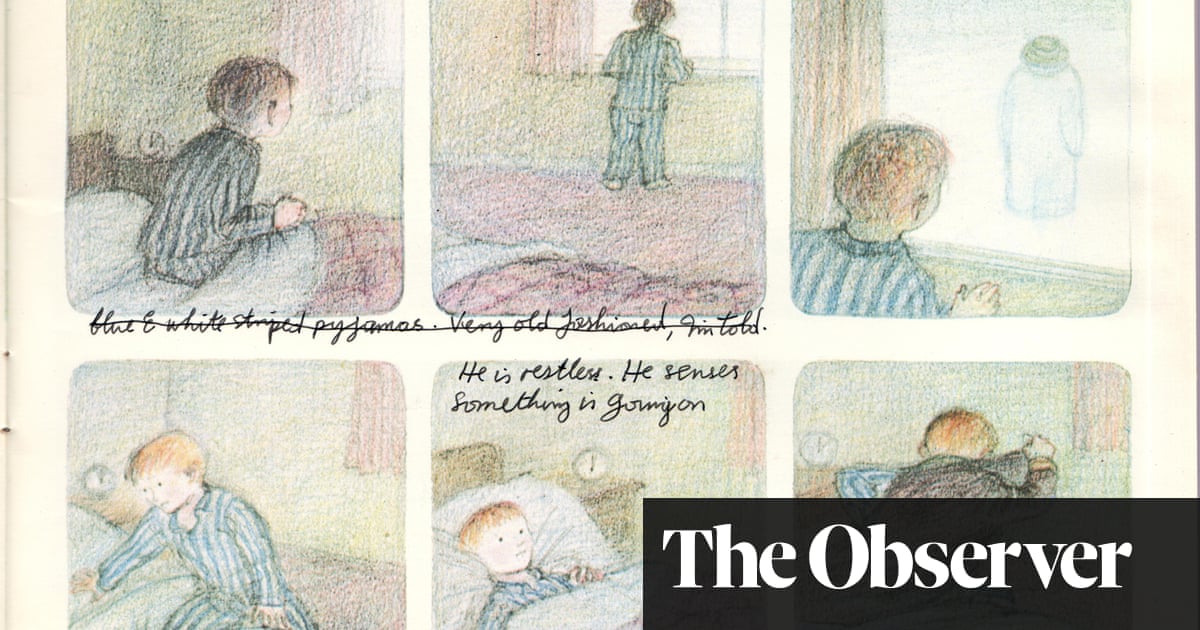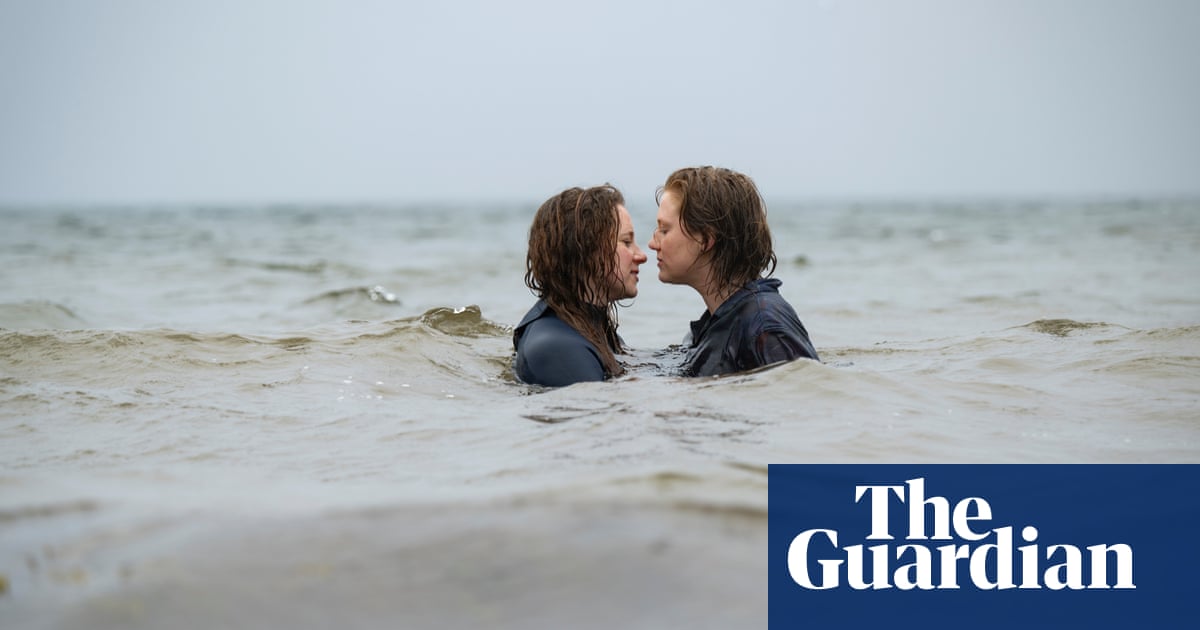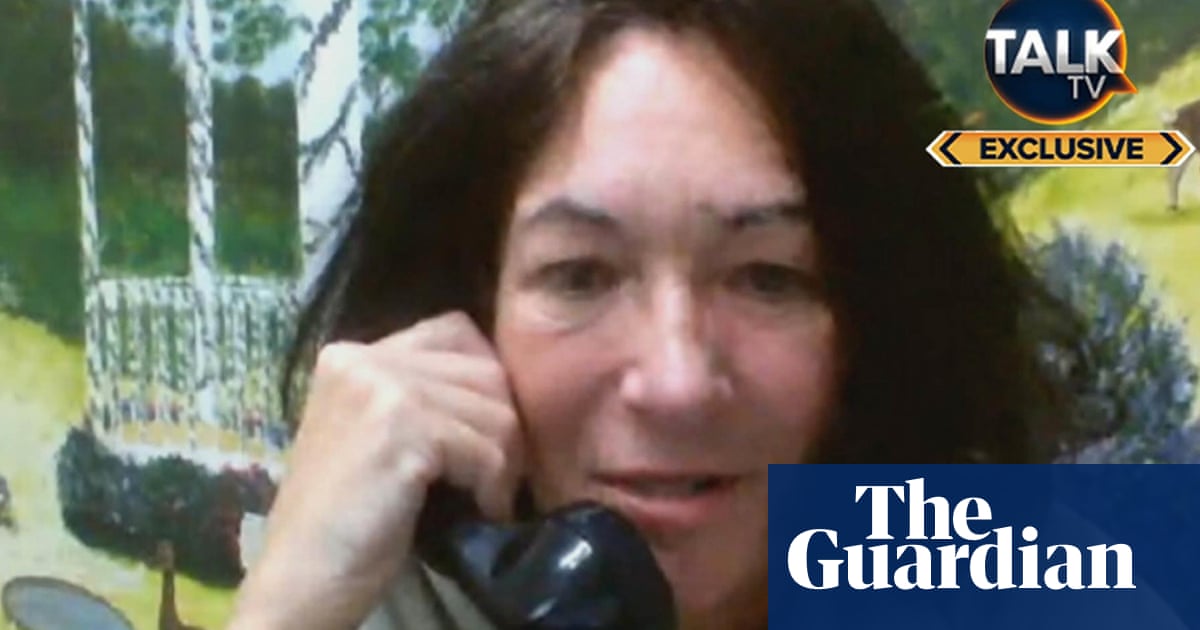
he parents of the woman who died in the Wiltshire novichok poisonings have spoken of their fight to discover the truth about their daughter’s death and described their continuing hurt at the unfair way she was depicted.
Speaking to the Guardian before the broadcast of a major BBC drama that tells the story of some of those caught up in the attack on the former Russian spy Sergei Skripal, Stan and Caroline Sturgess explained that they cooperated with the project because they wanted the world to understand their daughter, Dawn, was an innocent person caught up in an atrocity.
The couple told of the extraordinary meetings they had with the actors playing them and their daughter for The Salisbury Poisonings, which is to be screened over three nights on 14-16 June on BBC One.
The Sturgesses agreed to work with the makers of the BBC drama because they wanted to make sure an accurate and fair picture of their daughter was painted.
Stan said: “I knew they would make a movie out of what happened because the story is so strange. I didn’t really want it made at all, but we knew the way to make it as accurate as possible was to be involved and trying to tell people our story. Everyone’s voice needs to be heard. Dawn never had a voice. We got fed up with people assuming things about her.”
The Sturgesses are still angry that at the time of her poisoning, Dawn was depicted by some in the media as a homeless addict. She did have an alcohol problem but lived in a hostel, had hopes of getting a home of her own and did not take drugs.
“It was horrendous,” said Caroline. “The press made it sound like she was living on the streets. She was a lovely girl, a lovely human being. She was my child, she wouldn’t have hurt anyone in the world ever. She was proud, intelligent, normal. We loved her very much. I’m hoping that this drama will bring that out.
“Dawn didn’t deserve what happened to her. What the country needs to get is that if it didn’t happen to her, it could have happened to far more people. These things could happen again and everyone needs to be concerned about it.
“She would have been the first to say: ‘Thank god it was me and not children who picked the poison up.’ This could have happened to anybody. She was an innocent girl that was poisoned. End of.”
Stan added: “The press put out that it was her lifestyle that caused her death. Dawn was sorting herself out and I think she was getting there.”
Skripal and his daughter Yulia collapsed in Salisbury on 4 March 2018 after being poisoned with the nerve agent novichok at his home on the outskirts of the city. On 30 June 2018, mother-of-three Dawn Sturgess, 44, and her partner, Charlie Rowley, fell ill at his home in Amesbury, 11 miles north of Salisbury.
At first, police believed the couple had taken contaminated drugs but tests showed they too had been poisoned with novichok. The Skripals and Rowley survived but Sturgess died on 8 July. Rowley later revealed the novichok had been in a perfume bottle and that she had sprayed the oily liquid over her skin. He said he had found the bottle and given it to her as a gift.
Her parents are campaigning for her inquest to be a wide-ranging hearing, taking into account issues such as whether the British state could have done more to protect her. They also believe the full truth about the number of people affected by the poisoning has not come out. “What happened to Dawn affected a lot more people than us,” said Stan. “Things like the drama can help push the door open a bit.”
The Sturgesses first broke their silence in an interview with the Guardian last year. They told how, in a strange way, they were relieved when it became clear their daughter had been poisoned with nerve agent rather than contaminated drugs or drink.
“So many people said she did drugs,” said Caroline. “When the results came back I made them repeat it three times, I said: ‘You’re telling me it wasn’t her fault. She didn’t have drugs in her system.’ That meant such a lot, they can write whatever they want now.”
For the BBC drama, the couple met the director Saul Dibb and the actors who played them and their daughter – Ron Cook, Stella Gonet and MyAnna Buring.
When they met, Caroline Sturgess and Gonet turned up in almost-matching outfits. “It was surreal,” said Caroline. “I felt Stella was like me and I was like her. It was quite strange.”
The Sturgesses were delighted that Buring was going to play their daughter. Caroline said: “She was so lovely. She was not afraid to be demonstrative with us. She was aware we had lost someone and she seemed really in tune with it.”
Stan said: “MyAnna wanted to get to know what Dawn was like. I told her Dawn was an outgoing, funny kid.”
Stan recognised Cook from his role in the dark comedy film Hot Fuzz when they bumped into each other at the meeting place. “I was conscious of him looking at me, how I move, how I speak,” said Stan.
During filming, Stan went on to set and watched a scene in which the fictional Dawn lights a candle in a church standing in for Salisbury Cathedral. “Dawn and I used to light candles in the cathedral,” he said. “Watching that scene being filmed was touching. It was more than just watching an actor. It was emotional.”
He found the experience of going on set comforting: “The cups of tea, everyone coming up to you. I didn’t feel in the way.”
He was also pleased at the care the production took to try to capture Dawn: “It was so professional. We found all these old photographs. We found some we hadn’t seen for years.”
Cook said he was nervous about meeting the Sturgesses. “It’s the first time I’ve ever played someone who is real and living. That is a huge responsibility. You don’t know if you can do it properly, well enough.
“Our job is not an impersonation. That’s impossible to do. It’s a drama. It’s not a documentary.”
He said it had been impossible to avoid the story of the attack on Skripal but he was shocked when he read the script of how unfairly Dawn was originally portrayed. “I hope everyone who watches it will understand what happened to a greater depth. I hope it will help put the story straight.” he added.
Gonet said she wanted to make sure the drama captured the family’s steadfastness. “Their dignity and commitment were extraordinary. I felt very profoundly moved by them. There wasn’t an anger. They wanted to let us tell the story, which I found a privilege. I wanted to show what a strong family they were.”
The BBC drama also focuses on the police officer who was poisoned, DS Nick Bailey, played by Rafe Spall, and one of the people involved in the effort to find out what had happened, the director of public health at Wiltshire council, Tracy Daszkiewicz, played by Anne-Marie Duff.
But the scenes telling the story of Dawn, her partner and the Sturgess family are particularly emotional.
Stan and Caroline are under no illusions that the broadcast of the drama will help ease their pain.
Caroline said: “I feel nothing – I’m an empty shell, I don’t get excited about things or sad. It’s almost as if I feel desensitised. I don’t think I’m capable any more. We’re not the people we were. Laughing is an act, it’s a facade, it’s always there. You can’t be the same – how could you be?”
Stan said: “We were in the middle of a story and we didn’t know how big it was and still don’t, really.” He has mixed feelings about the broadcast of the BBC drama.
“We’ll see what people think of it when it goes out. I’m dreading it in one respect. At the moment everything’s smoothed over and no one’s knocking on our door, we’re just living. But now it’s all going to blow up again, but I think we’re ready for it this time.”











